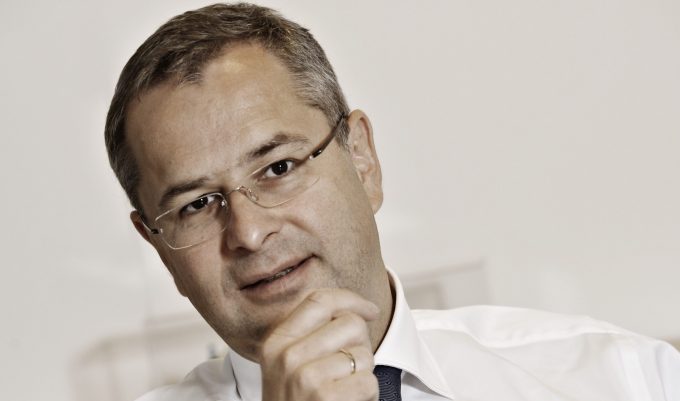Indian coastal freight attracts major carriers, but regional tension disrupts
India’s growing coastal freight demand looks like the next target for foreign container lines amid ...
WTC: RIDE THE WAVEFDX: TOP EXEC OUTPEP: TOP PERFORMER KO: STEADY YIELD AND KEY APPOINTMENTAAPL: SUPPLIER IPOCHRW: SLIGHTLY DOWNBEAT BUT UPSIDE REMAINSDHL: TOP PRIORITIESDHL: SPECULATIVE OCEAN TRADEDHL: CFO REMARKSPLD: BEATING ESTIMATESPLD: TRADING UPDATEBA: TRUMP TRADE
WTC: RIDE THE WAVEFDX: TOP EXEC OUTPEP: TOP PERFORMER KO: STEADY YIELD AND KEY APPOINTMENTAAPL: SUPPLIER IPOCHRW: SLIGHTLY DOWNBEAT BUT UPSIDE REMAINSDHL: TOP PRIORITIESDHL: SPECULATIVE OCEAN TRADEDHL: CFO REMARKSPLD: BEATING ESTIMATESPLD: TRADING UPDATEBA: TRUMP TRADE

A bullish Soren Skou, chief of Maersk, in this interview believes trade will recover quickly to pre-pandemic levels, and grow slowly after that. But he points out that businesses have learned a lot during the crisis. Supply chains will change, he predicts, as customers found they were too predicated on efficiency and low costs, and ignored the problems of single-sourcing and lack of inventory in the system. He also says tele-conferencing will be here to stay, and agrees the crisis has accelerated digitisation. Worth a quick read.


Comment on this article